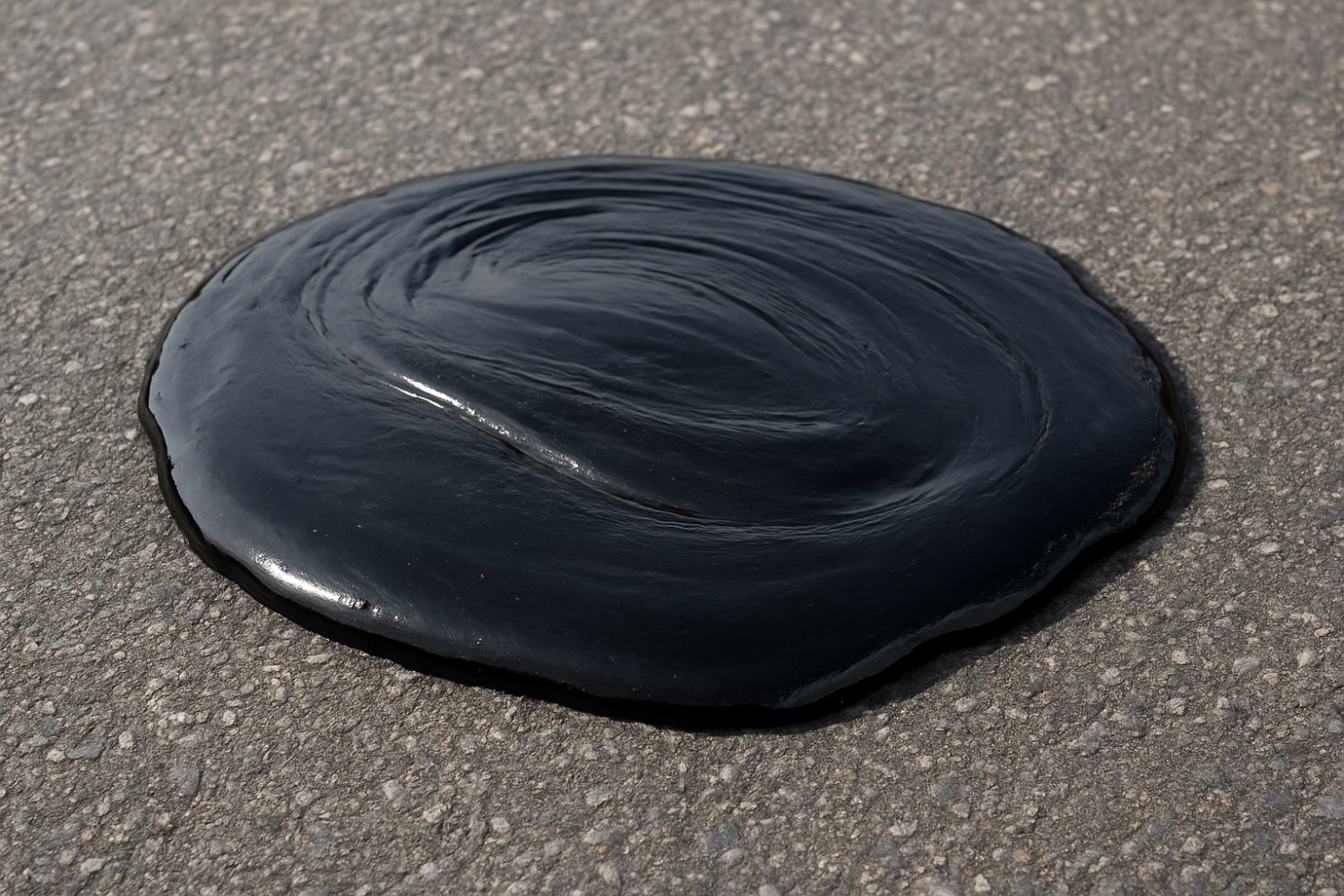Types of Polymer Bitumen and Their Applications
SBS, EVA, CRM Polymer Bitumen
By adding some polymers to normal bitumen, its flexibility, adhesion, durability, and resistance to loading and real weather conditions are significantly enhanced. This type of bitumen is called Polymer Modified Bitumen (PMB). Studies show that polymers are usually added in the range of 3–7% by weight.
 ️
️
Types of Polymer Modifiers for Bitumen (PMB)
1. Elastomers such as SBS
These provide better elasticity and recovery properties, preventing cracks and fatigue in pavements. They are used extensively in heavy-traffic and critical projects such as intersections and bridges.
2. Plastomers such as EVA
These enhance stiffness and high-temperature deformation resistance. They are used in tropical climates, city main roads, and industrial pavements.
3. Crumb Rubber (CRM)
Based on recycled tires, CRM improves skid resistance and elasticity and assists in providing environmental benefits. It's an excellent choice for regional pavements and roads requiring higher friction.
4.New Polymers and Compounds
R&D teams employ latest terpolymers, recycled plastics, and bio-based additives to maximize technical performance and reduce environmental impact. These are mainly used in innovative projects and sustainable infrastructures.
Puma Energy, through the ownership and operation of two regional refineries in Nicaragua and Papua New Guinea, produces such bitumens.
https://pumaenergy.com/bitumen/polymer-modified-bitumen/
Polymer Modified Bitumen: Advantages and Disadvantages
Advantages:
Polymer modified bitumen performs better than normal bitumen as it possesses higher elasticity and strength. It is resistant to rutting and permanent deformation at high temperatures and, at low temperatures, its flexibility reduces cracking and fatigue. It provides longer road life and improved rheological properties, i.e., it remains stable over a wide range of temperatures. Furthermore, due to its high adhesion and moisture resistance, PMB is an excellent option for waterproofing and humid environments.
Disadvantages:
PMB use is not without problems. The first is that some polymers are not compatible with bitumen and result in phase separation and reduced storage stability. Secondly, aging and breakdown of the polymers over time compromise some of the improved properties. Production and blending processes are also highly temperature and timing sensitive, requiring more advanced equipment and control than conventional bitumen.
Applications of Polymer Modified Bitumen
• Highways and heavy-traffic road construction and maintenance
• Airports, due to the high pressure generated by aircraft wheels
• Areas with wide temperature fluctuations
• Waterproofing in civil engineering constructions
PMB Application: Dominant Countries
• North America:
The United States is a leader in PMB consumption, driven by green building technology and growing concerns for sustainable buildings.
• Asia-Pacific:
Countries such as China and India have high demand due to massive infrastructure and highway projects.
• Europe:
Germany, France, and the UK consume high PMB due to strict environmental regulations and high-performance road projects.
•Middle East & Africa:
Gulf countries, fueled by industrialization and urbanization, are key PMB consumers in infrastructure development projects.
•Latin America:
Brazil and Argentina have high demand for PMB, supported by transport infrastructure development and technological advancement.
Major Global Producers of Polymer Modified Bitumen
1.ExxonMobil – United States
One of the world's biggest producers and suppliers of bitumen, comprising PMB, with high activity in North America and Europe.
2.Shell – Netherlands
A world leader in the production of bitumen, Shell produces PMB and delivers it for various infrastructure projects all over the world.
3.TotalEnergies – France
With extensive experience in the oil and gas sector, TotalEnergies develops high-quality PMB through advanced technologies.
4.Sika AG – Switzerland
Specializing in chemical construction products, Sika also manufactures PMB for infrastructure applications.
5. Gazprom Neft – Russia
A subsidiary of Gazprom, the company produces high-quality bitumen products, such as PMB, by utilizing advanced technology.
6. Nynas AB – Sweden
Specializing in bitumen, Nynas is active on international markets with PMB supplies for infrastructure construction.
7. Colas Group – France
With extensive construction activity history, Colas produces PMB and applies it widely in road construction and infrastructure projects.
These organizations, equipped with high-tech machinery and high production capacity, are the major producers of quality PMB for infrastructural projects across the globe.









 ️
️








